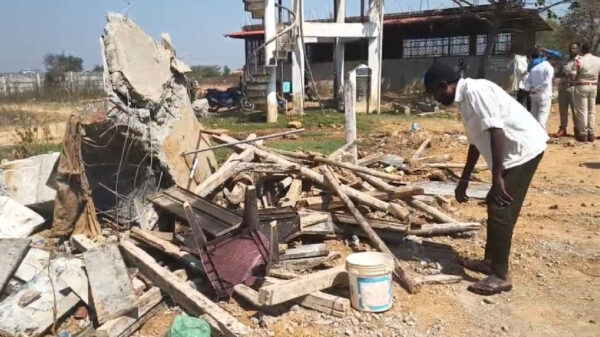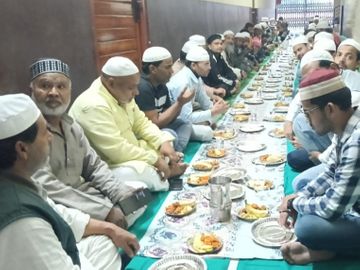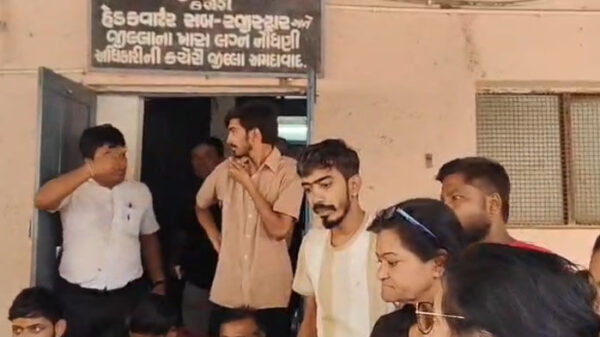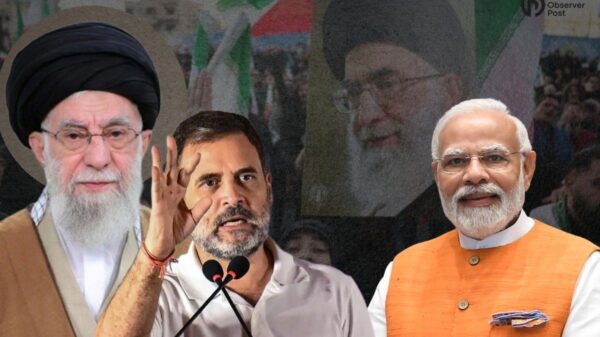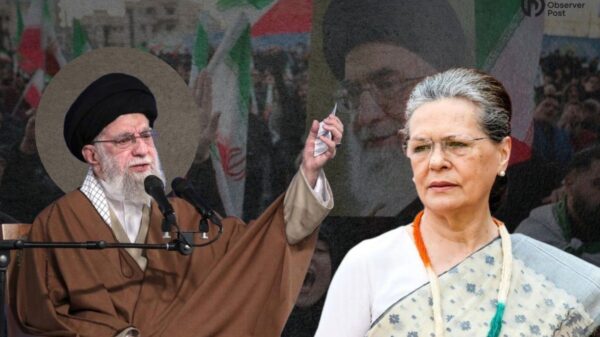Every year on May 1, people around the world observe International Labour Day, also known as International Workers’ Day. It’s a day to honor and recognize the hard work of laborers — the unsung heroes who often work behind the scenes, driving the wheels of society. In India, this day holds particular significance, as it has a history rooted in the struggle for workers’ rights and social justice.
The Origins of Labour Day in India
Labour Day in India began on May 1, 1923, in Chennai (then Madras), marking a pivotal moment in the nation’s labor movement. The idea was initiated by Singaravelar, a bold freedom fighter and leader of the Labour Kisan Party. His efforts led to the first official celebration of Labour Day in India, where workers gathered to demand better working conditions and fair wages. The event was not just a public holiday but a call for justice and dignity for Indian workers.
“The progress of a nation depends on the workers who toil hard to build it.” These words from Mahatma Gandhi resonate even today. However, despite the recognition on Labour Day, the condition of workers in India has long been challenging.
Workers’ Struggles and the Role of Labour Movements
Workers in India, particularly in industries like mining, textiles, agriculture, and construction, have historically faced poor working conditions, long hours, and low wages. During the British colonial era, Indian laborers worked under harsh conditions with little to no rights. Despite this, the labour movement gained momentum in the early 20th century, driven by leaders like Singaravelar and organizations like the Communist Party of India (CPI).
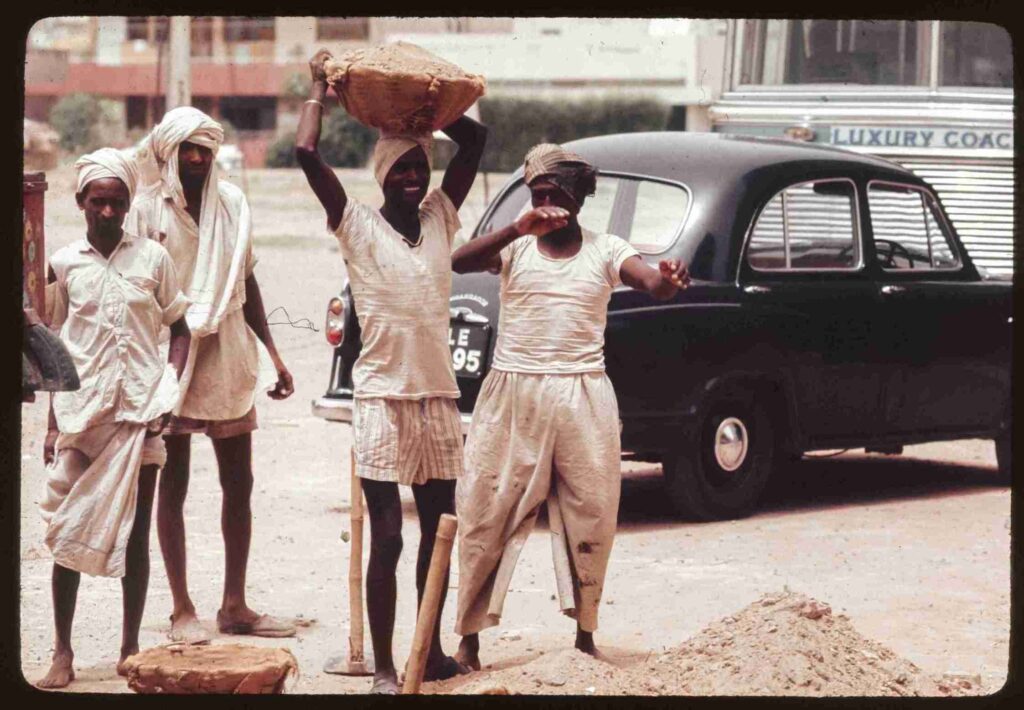
The communists played a key role in advocating for workers’ rights and pushing for better laws and conditions. The CPI, with its roots in the struggle for workers’ rights, supported the formation of trade unions and labor groups that fought for social security and better wages.
Figures like B.R. Ambedkar, a leading social reformer, also contributed to the welfare of laborers and marginalized communities. Ambedkar said, “The progress of any society can be measured by the welfare of its working class.”
The Struggles Continue: Workers in Modern India
Despite the progress made through laws like the Factories Act and the Minimum Wages Act, which were designed to provide safer working conditions and ensure fair wages, many workers in India still face hardships. A large portion of the workforce — about 90% — works in the informal sector, without social security benefits, job stability, or proper wages. These workers often include street vendors, domestic helpers, construction laborers, and migrant workers who move from rural to urban areas in search of work.

During the COVID-19 pandemic, the plight of migrant workers came to the forefront. Millions of workers found themselves stranded, without work or resources, facing extreme conditions. Despite this, many continued to support essential services, highlighting the resilience and strength of the working class.
Labour Day and the Call for Social Justice
While Labour Day is a time to celebrate the contributions of workers, it is also a reminder of the need to continue the fight for social justice and equality. The government and employers must do more to ensure fair treatment, better working conditions, and respect for the rights of all workers.
As Mahatma Gandhi said, “The economic life of a nation is built on the foundation of labor, and no nation can rise above the labor of its people.” This sentiment still holds true today, as workers continue to be the backbone of the nation’s progress.






